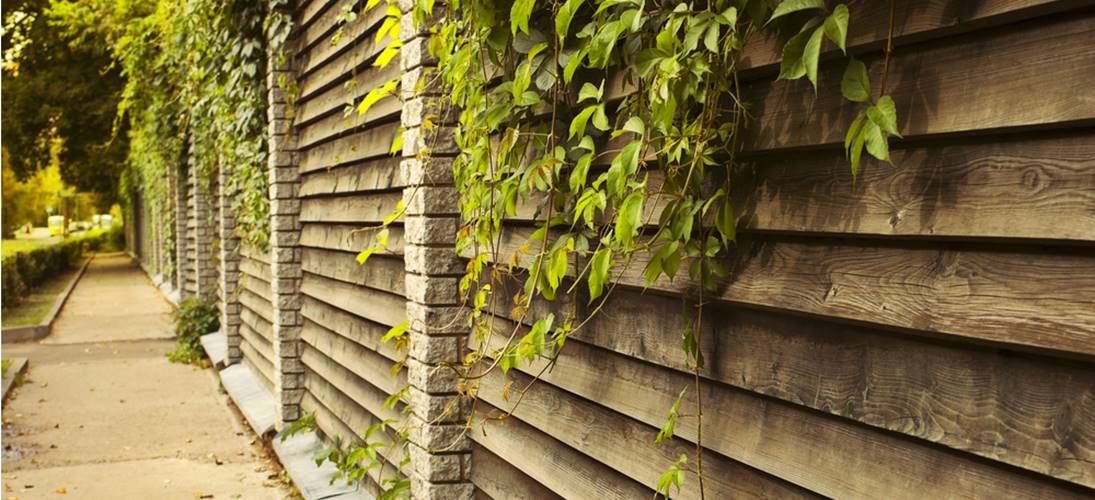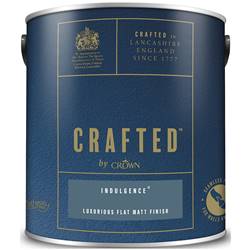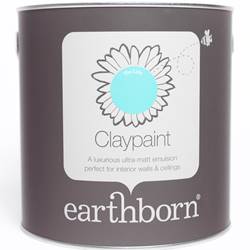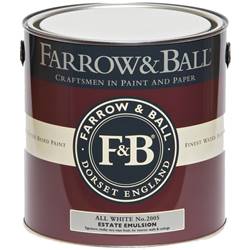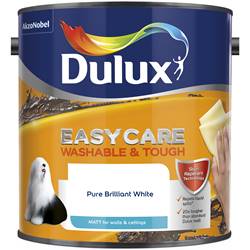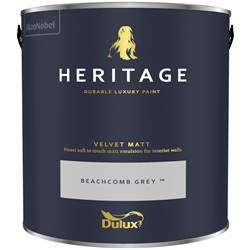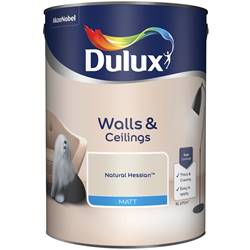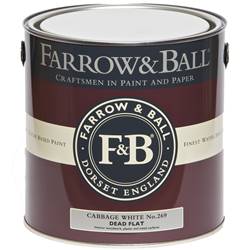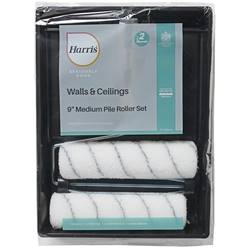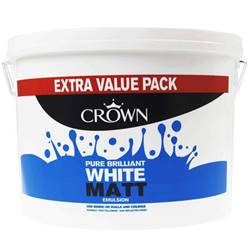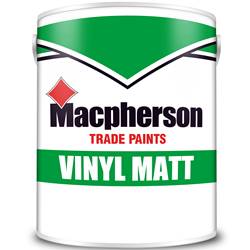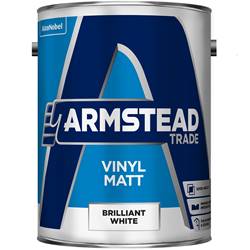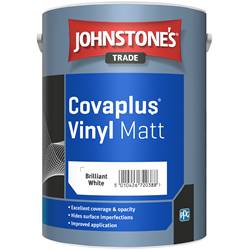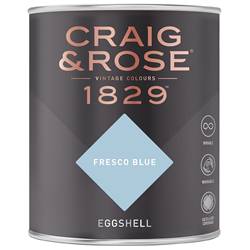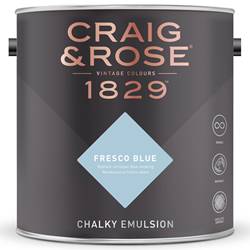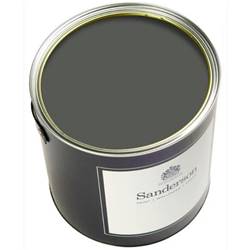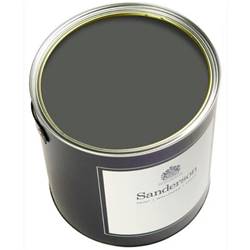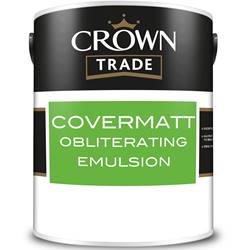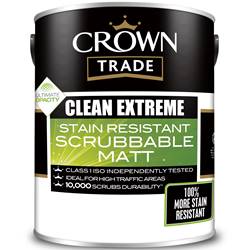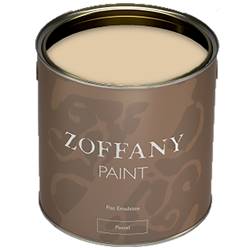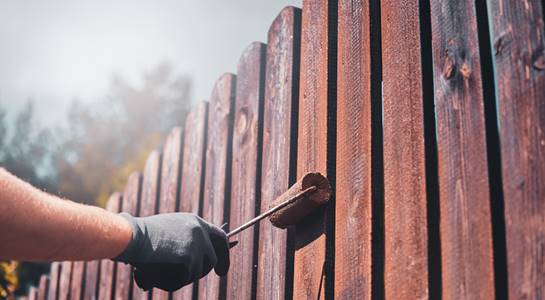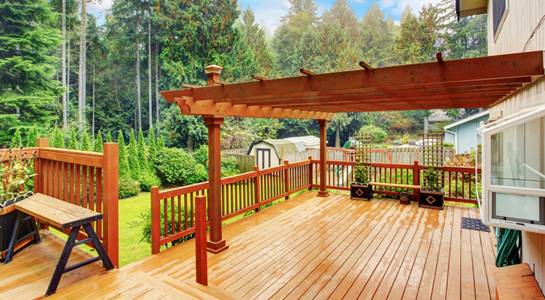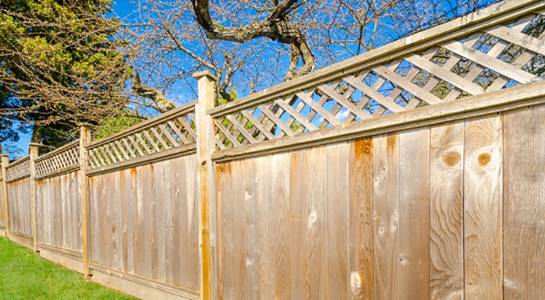Now that spring has arrived, it is a great opportunity for you to check on the condition of your garden fencing. Here in the UK, our climate can be a harsh one, and just because your fences appear to have survived another wet and windy winter, doesn’t mean to say that they are necessarily in a favourable condition. Our fence panels take a real battering from all the elements, and if left neglected, can become a breeding ground for rot and decay.
What causes wood rot?
There are two types of rot that can have damaging effect on your fences – dry rot and wet rot.
- Dry rot is caused by serpula lacrymans, a serious form of fungal decay and sees the wood have a distinct smell, growths or crack
- Wet rot is caused by moisture, and wood-destroying fungus then feed off this moisture and go on to create visible signs of decay on the wood itself. This usually occurs lower down the fence, often in the fence posts where they make contact with the damp soil.
What are the signs of wood rot?
- Distortion
- Discolouration
- Softness, splitting or cracking
- Loss of strength
- Visible fungal growth/mould
- Damp musty smell
Over time, all timber will begin to rot, but if left untreated, this will quickly compromise the strength and stability of your fencing. It is vitally important that your fences remain structurally strong as well as atheistically pleasing, if they are going to withstand the unpredictability of the British climate. Once decay sets in, it can be difficult to fully eradicate, but installing new fencing would demand a great deal of effort and expense. So how can you lengthen the life of your existing fencing?
Follow our step-by-step guide on how to prevent your garden fence from rotting!
- Repair any previously damaged or rotting parts of the fence.
- Remove any dirt, mould or mildew and the surface layer of old wood cells. This can be done using a pressure washer and/or good bristle brush.
- Ensure the wood is completely dry before coating the panels in a good quality wood preservative, like Barrettine Universal Preserver. Apply using a brush and/or spray as directed. This low odour, solvent-based product penetrates deep into the wood to give long-lasting protection against rot, blue staining and wood boring insects. Ensure you work the treatment into all the cracks and corners where moisture may collect.
- The wood preserve should be dry within 24 hours, but make sure you allow it to dry thoroughly before giving a second coat.
Once protected and sealed, keep your fences clean – any accumulation of debris, dirt or soil will invite insects and heighten the chance of rot and decay re-forming.
- Check your fences every year to assess whether another coat of preservative is necessary. A great way to check is by splashing the fence panels with water – if the water soaks in to the wood, another coat is required, but if the water beads on the surface, the fence is still protected.
Replacing your fencing can be very costly and quite an inconvenience, so it is crucial that you take the necessary steps to minimise the risk of rot and decay and eliminate the causes wherever possible. By protecting your existing fence panels with a high quality wood preserve, you should be able to enjoy healthy, durable and robust fences for many years to come.
